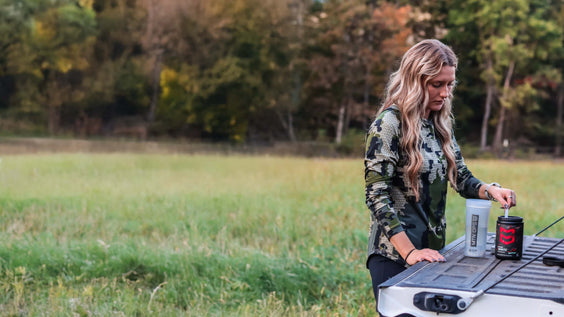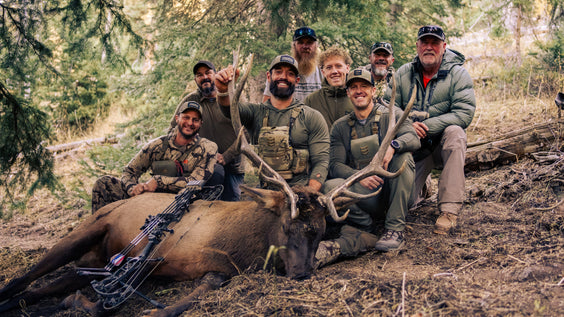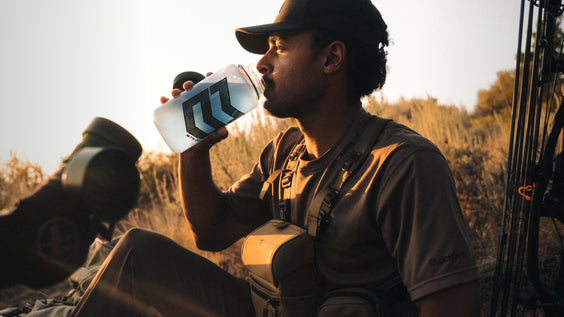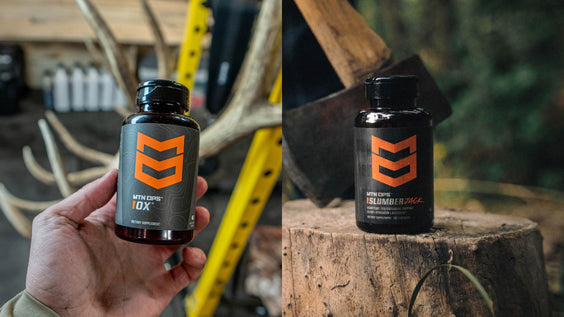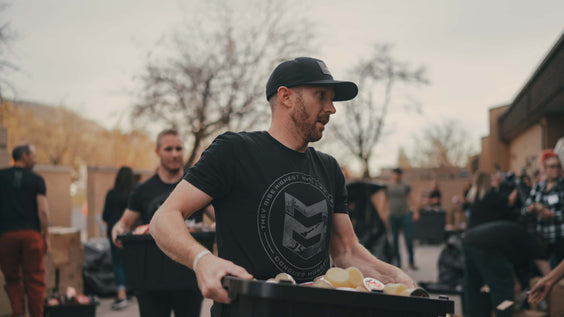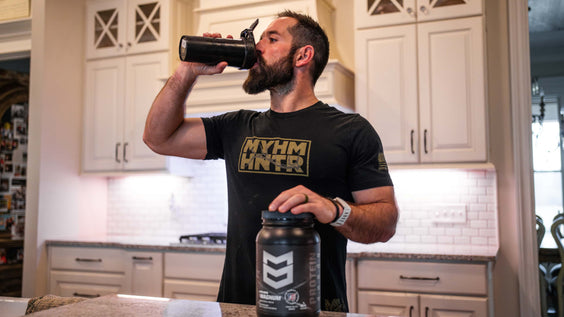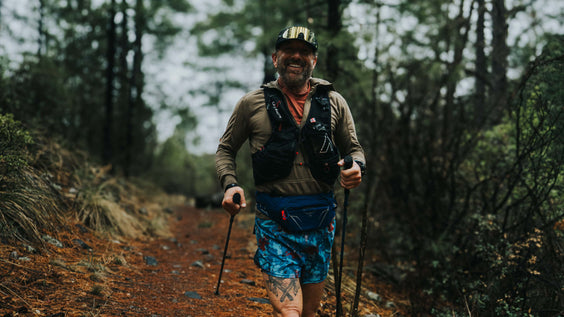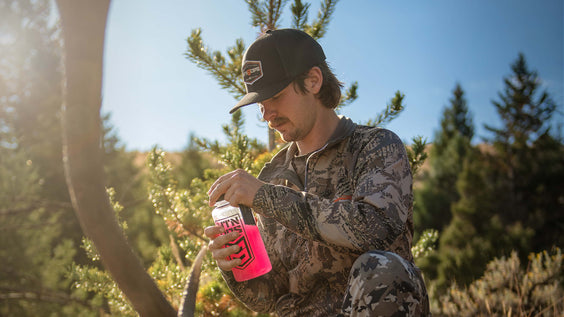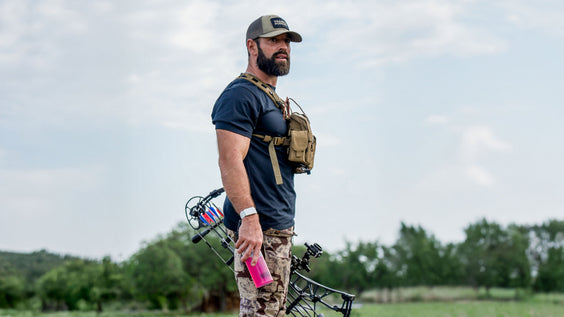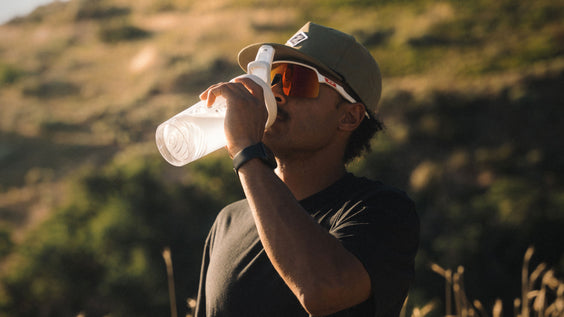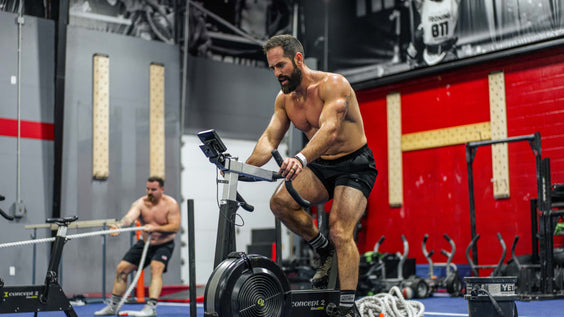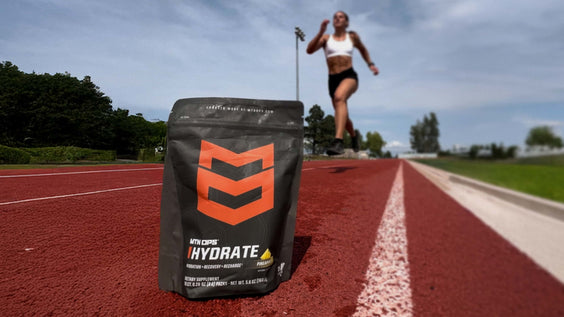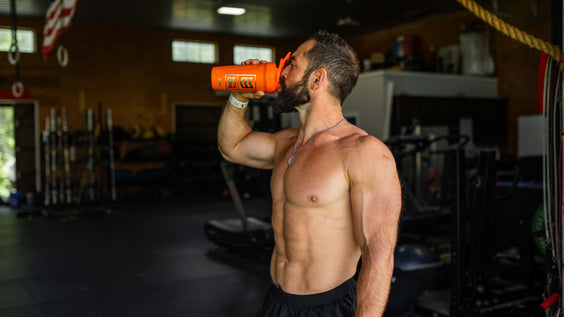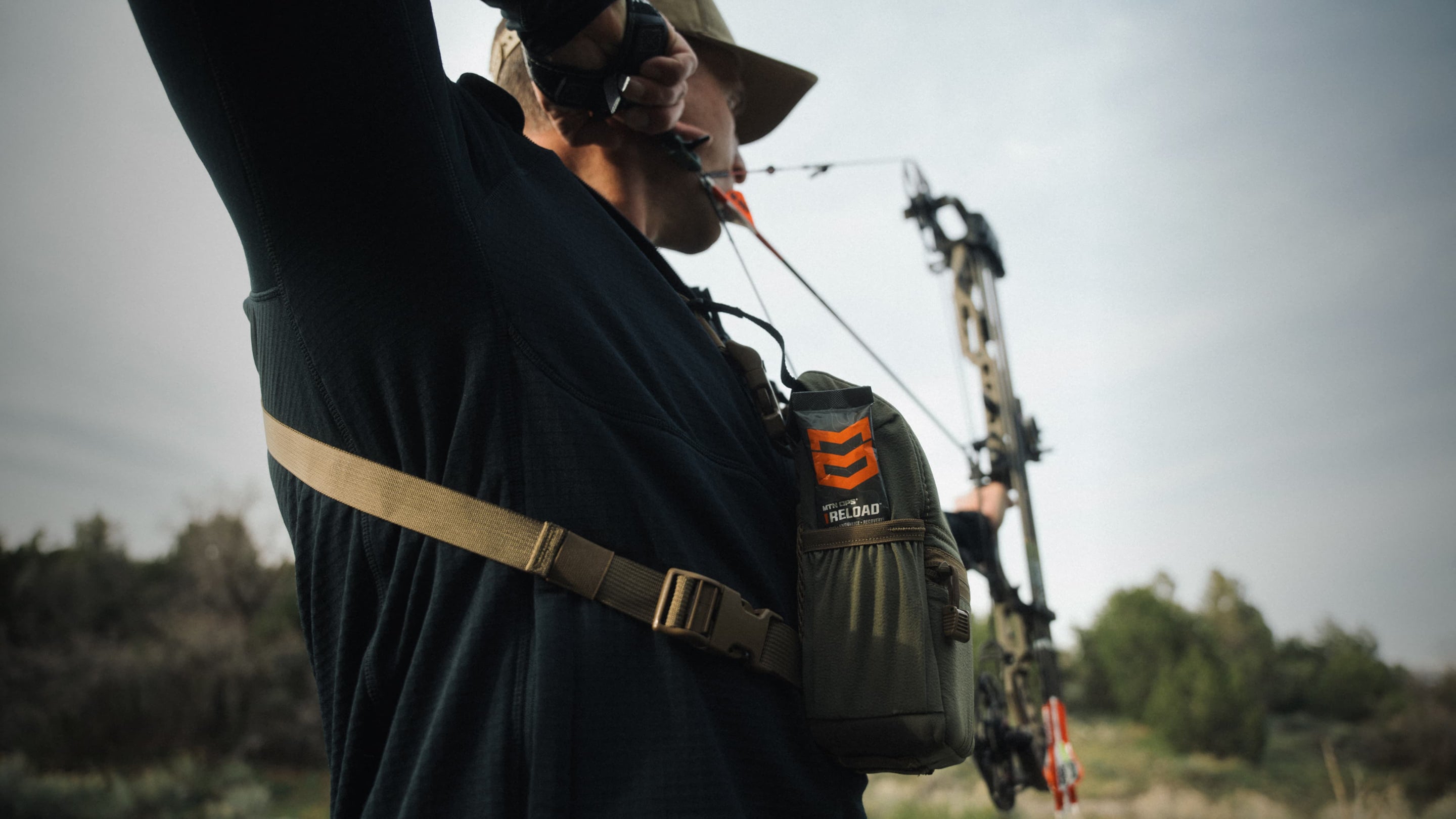
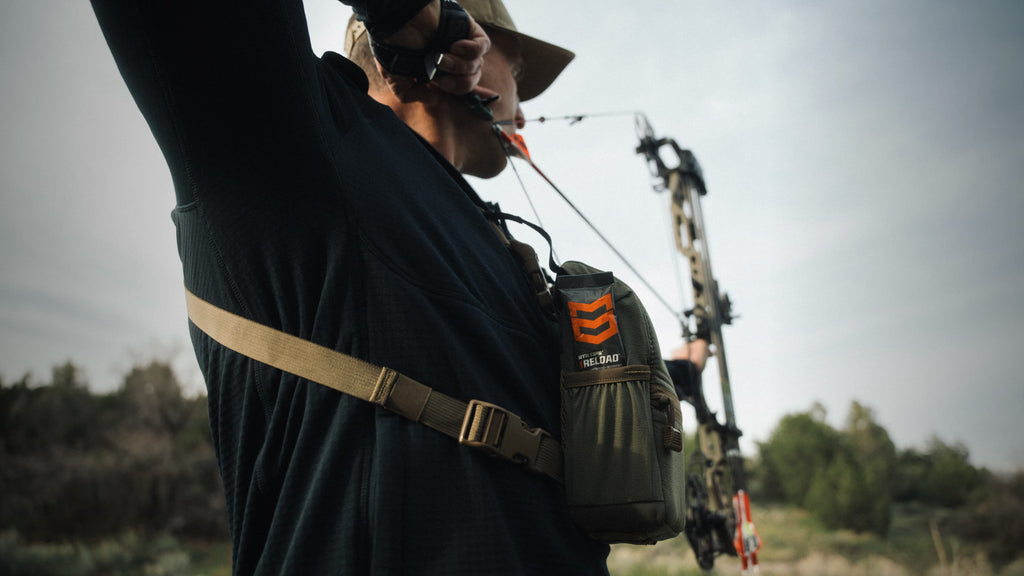
The Reload Protocol: Using Our Carb Supplement to Its Full Potential
May 15, 2025
By MTN OPS TEAM
Demanding work demands fuel, and the go-to fuel source is carbohydrates. Multiple studies have linked decreases in blood glucose to decreases in endurance performance (source, source).
With 30g of carbohydrates, Reload offers a perfect balance of dextrose and sucrose in an even 50:50 split. This split balances high glycemic index and middle carb sources, respectively, giving you a fast-acting fuel source and one that is more sustainable.
Not only have both of these carb sources been shown to promote performance (source), but their differing Glycemic Index ratings make them complementary to one another.
While the science behind carbohydrate fueling and refueling remains constant, its application across various activities can be quite different. Because of these differences, we have created the Reload Protocol to help optimize carb fueling and refueling for optimal performance, no matter the task.
Gym Protocol
The gym can vary from day to day. Some days can be long and grueling, while others can be short and extremely intense. Knowing what kind of session lies in store is one of the most important variables. It will help guide your entire fueling strategy across the multiple phases of your workout. Carbohydrates are going to play a major role, but their implementation is going to be highly subjective.
1. Pre-Workout Nutrition: Consuming a carbohydrate-rich meal two to four hours before heading to the gym can top off glycogen stores and promote blood glucose levels.
A position stand by the International Society of Sports Medicine notes the importance of pre-activity carbohydrate intake and suggests consuming between 1 and 4 g/kg of carbohydrate up to four hours prior to the training session
Reload Protocol: If an adequate amount of carbohydrates has been consumed, then additional supplementation with Reload may not be necessary. If not, supplement with at least one pack of Reload one hour before the gym session.
2. During the Session: For those shorter sessions, lasting between 45 minutes and roughly an hour of continuous high-intensity work, heavy carbohydrate supplementation is not going to be necessary. Research suggests that as little as 16 g could help improve performance.
For those marathon sessions, lasting one to two hours of continuous work, a position stand from the American College of Sports Medicine suggests consuming 30 to 60 grams of carbohydrates per hour of strenuous work.
Reload Protocol: Duration depending, mix ½ pack to 2 packs of Reload into 8 to 24 fl oz (roughly 250 to 750 ml) and sip liberally throughout the workout. DO NOT drink more than 3 fl oz every 10 minutes. This could cause gastrointestinal distress.
3. Post-Workout Recovery: Intense work means intense fuel depletion. The sooner you start refueling, the greater the chance of success tomorrow.
A review of multiple studies examining the effects of different refueling strategies points out that consuming 0.6 to 1.0 g/kg of body mass within the first 30 minutes of completing depleting activity and for every two hours after that for four to six hours has been shown to replenish fuel sources.
The same review suggests that these effects are amplified when carbohydrate ingestion is combined with a quality protein source, when carbohydrate ingestion is below 1.2 g/kg of body weight.
Reload Protocol: Consume one to two packs of Reload with 8 to 16 fl oz of water immediately after your gym session. For a 220lb (100 kg) person, that will get you just to the 0.6 g/kg limit. Depending on your size and the time to your next meal, continued supplementation may be needed. It is strongly suggested that a quality protein is also consumed for optimal recovery.
Backcountry Protocol
Backcountry activity consists of long days of trekking across rugged terrain that can call for various amounts of work. The nice part is that there is time to rest. By using the backcountry Reload Protocol, you can optimally balance whole-food and Reload carbohydrate sources to optimize your hunt.
1. Pre-Hunt Nutrition: Starting your day right is paramount. Consuming a carbohydrate-rich meal two to four hours with the goal of getting between 1 and 4 g/kg of carbohydrate before heading into the field can top off glycogen stores and promote optimal blood glucose levels (source).
The closer you get to breaking camp, the less whole food you are going to have available to you as you ready your gear for the day. Depending on your breakfast, you may still need more. Switching to Reload can help you keep stacking carbs before starting out.
How you start your day gets more and more crucial the deeper you get into your hunt. Every day you are out there, you become a little more depleted from the day before. These days of malnutrition start to add up. By starting your day with carbs, you can work to correct these imbalances.
Reload Protocol: At camp, whole food is going to be your main source of carbohydrates. As you start to get ready, fill one of your water bottles with water and one pack of Reload per 8 fl oz (roughly 250ml). Sip liberally as you start to get ready.
Before you set out, refill your water bottle and add back one pack of Reload per 8 fl oz (roughly 250 ml). You are going to need it later.
2. During the Hunt: Hunts in the high country mean constant movement over trying terrain. Periodic snacking with a goal of consuming 30 to 60 grams of carbohydrate an hour is going to be crucial for getting up and down the mountain (source).
The nice part about a hunt, there are down periods where you can rest. During these periods, lean on your whole food snacks. Portable options like energy bars, trail mix, or dried fruits offer quick-digesting carbohydrates. When on the move, take sips from your water bottle you reloaded earlier at camp.
Each pack is roughly 30 grams of carbohydrate. Which means for every cup of water you drink, you are going to consume roughly 30 grams of carbohydrate, making it the perfect carbohydrate supplement to fuel the hunt.
Reload Protocol: Sip liberally while on the move. Enjoy whole food snacks when at rest.
3. Post-Hunt Recovery: Chances are good you are returning to camp depleted. The mountain requires hard work. Hard work requires fuel. Keeping up with those fuel demands on the trail can be daunting. The sooner you start refueling when you get to camp, the better. It also sets you up for a greater chance of success tomorrow.
Carbohydrates should be priority number one with the goal of consuming 0.6 to 1.0 g/kg of body mass within the first 30 minutes of completing depleting activity and for every two hours after that for four to six hours has been shown to replenish fuel sources (source).
The same review suggests that these effects are amplified when carbohydrate ingestion is combined with a quality protein source, when carbohydrate ingestion is below 1.2 g/kg of body weight.
Reload Protocol: After getting back to camp, immediately start consuming one to two packs of Reload. Depending on your size and the time to your next meal, continued supplementation may be needed. It is strongly suggested that a quality protein is also consumed for optimal recovery.
Once you have put your gear away, lean back into whole food sources. Continue working on getting in that same 0.6 to 1.0 g/kg of body mass and getting in complete protein sources.
Road Protocol
Physical activity lasting longer than 2.5 hours can be grueling. Things gear up when physical activity becomes competitive. The longer the event, the more important fueling becomes. For these events, fueling strategies can start days before the event and carry over into the event itself.
1. Pre-run Nutrition: Carb loading starts at least three days before the event. Consuming roughly 7 to 10 g/kg/day (roughly 500 to 600 g/day) can help maximize glycogen stores (source).
Starting your day right is paramount. Consuming a carbohydrate-rich meal two to four hours with the goal of getting between 1 and 4 g/kg of carbohydrate before heading to the start line can top off glycogen stores and promote optimal blood glucose levels (source).
Reload Protocol: In the days before and the morning of, whole food is going to be your main source of carbohydrates. Depending on your meals leading up to the event, drinking at least one pack at least one hour before the event will help ensure optimal fuel stores.
2. During the Run: Once the gun goes off, there is no stopping until you cross that finish line. Maintaining glycogen stores is extremely important for sustaining optimal performance. Focusing on consuming carbs with a goal of consuming 30 to 60 grams of carbohydrates every half hour (roughly 1g/min) is going to be crucial (source, source). Fueling sources need to be easily consumed and digested like gels and carbohydrate supplements like Reload.
Each pack is roughly 30 grams of carbohydrate. By consuming one pack every 30 minutes, you will be perfectly paced with the 1g/min.
Reload Protocol: Fill your water container with 1 pack per 250 ml (roughly 8 fl oz). Sip liberally with the goal of consuming roughly one gram of carbohydrate per minute.
3. Post-run Recovery: By the time you cross the tape, you are going to be fuel-depleted. Carbohydrates should be top priority. Start by consuming 0.6 to 1.0 g/kg of body mass within the first 30 minutes of completing the event, and for every two hours after that for four to six hours, has been shown to replenish fuel sources (source).
Complete high-quality protein should also be consumed while replenishing carbohydrate stores, especially when carbohydrate ingestion is below 1.2 g/kg of body weight (source).
Reload Protocol: Immediately after the event, start supplementing with three to four packs of Reload. Depending on your size and the time to your next meal, continued supplementation may be needed. It is strongly suggested that a quality protein is also consumed for optimal recovery.
















